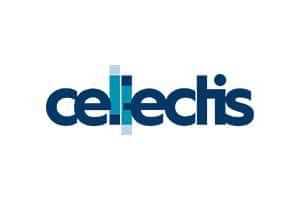 Cellectis has been given the go-ahead by the FDA to start trials of its CAR-T immunotherapy UCART123 in patients with two haematological cancers.
Cellectis has been given the go-ahead by the FDA to start trials of its CAR-T immunotherapy UCART123 in patients with two haematological cancers.
The approval of Cellectis’ Investigational New Drug (IND) application marks the first time that an ‘off-the-shelf’ or allogeneic CAR-T drug – which does not require cells to be harvested from patients unlike therapies developed by the likes of Novartis and Kite Pharma – has been cleared for clinical testing in the US.
UCART123 is a gene-edited CAR-T cell therapy that targets CD123 and will be tested in acute myeloid leukemia (AML) and blastic plasmacytoid dendritic cell neoplasm (BPDCN). The first patient dosing will start shortly, with the clinical trials conducted at Cornell and MD Anderson.
This is not the first time that one of Cellectis’ CAR-T candidates has been tested in patients however. Another allogeneic CAR-T therapy – the CD19-targeting UCART19 – is already in trials in the UK being run by partners Servier and Pfizer.
Cellectis’ UCART19 has shown positive effects in two leukaemia patients, although one suffered an episode of graft-versus-host disease (GVHD) which – while treated with steroids – indicates the possible toxicity with this new type of treatment. The two children have been disease-free for 18 and 12 months, respectively.
The IND approval for UCART123 “is a major milestone not only for the company but also for the medical community, global biotech and pharmaceutical industries at large,” commented Dr Loan Hoang-Sayag, Cellectis’ chief medical officer.
“Cellectis’ allogeneic UCART products have the potential to create an important shift with regard to availability, and cost-effectiveness, to make these therapies widely accessible to patient population across the world,” he added.
Novartis and Kite Pharma’s autologous therapies are much further ahead in development, with first filings planned for this year but Cellectis believes its off-the-shelf treatment could be both quicker – and cheaper – to deliver to patients.




